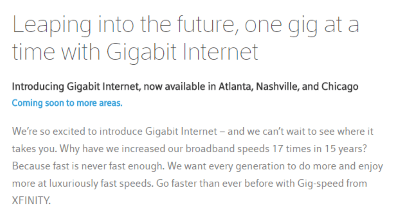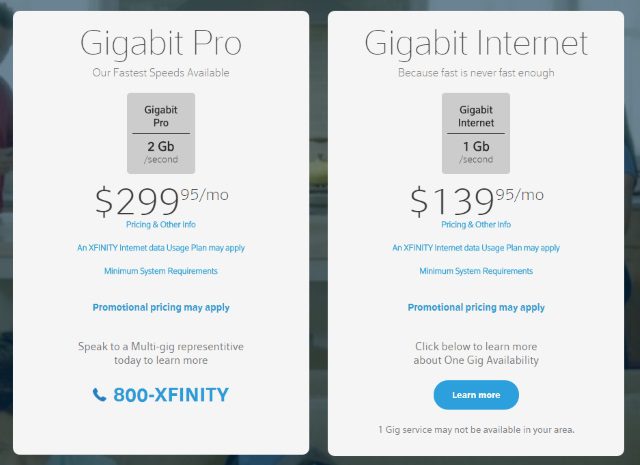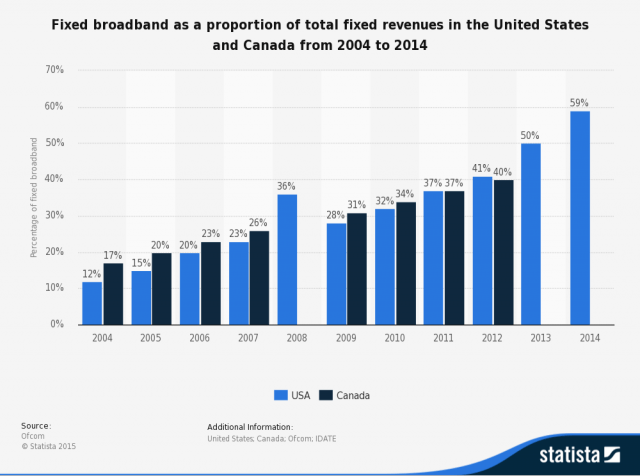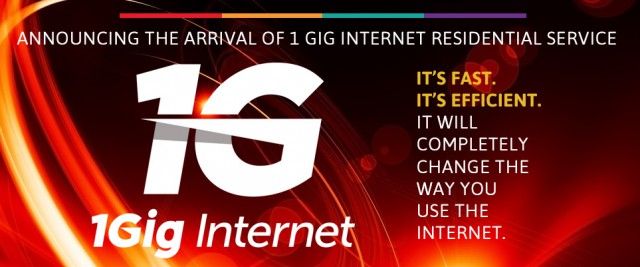 The cable industry’s broadband Achilles’ heel has always been upstream speeds that are set much lower than download speeds. But the days of asymmetric cable broadband may soon be a thing of the past if CableLabs successfully defines a new Full Duplex extension for DOCSIS 3.1 — bringing symmetrical broadband speeds to cable companies across the country.
The cable industry’s broadband Achilles’ heel has always been upstream speeds that are set much lower than download speeds. But the days of asymmetric cable broadband may soon be a thing of the past if CableLabs successfully defines a new Full Duplex extension for DOCSIS 3.1 — bringing symmetrical broadband speeds to cable companies across the country.
CableLabs sees the potential of eventually offering multi-gigabit broadband over today’s existing hybrid fiber-coax (HFC) cable systems. Marketing 1,000/1,000Mbps internet access could keep cable operators competitive with fiber to the home services that already offer symmetrical internet speeds.
The cable industry-supported research group is collaborating with vendors, according to Belal Hamzeh, vice president of wireless for CableLabs, in a blog post.
“The ecosystem support for the Full Duplex DOCSIS 3.1 technology has been staggering, with many vendors collaborating and contributing to the development of the technology,” Hamzeh wrote. “A recent example is Cisco’s contribution of a new silicon reference design of a digital echo canceler that maximizes the use of HFC capacity to provide a scalable multi-gigabit return path.”
The Full Duplex DOCSIS 3.1 project transitioned from the innovation phase to the R&D phase in June. A working group will continue to meet on a regular basis to finalize the specification, which will allow vendors to begin producing modems that support the new standard.


 Subscribe
Subscribe To be a Google Fiber city or not to be a Google Fiber city. It could make a big difference to your wallet if Comcast upgrades broadband speeds in your neighborhood before Google Fiber finally arrives in your “fiberhood.”
To be a Google Fiber city or not to be a Google Fiber city. It could make a big difference to your wallet if Comcast upgrades broadband speeds in your neighborhood before Google Fiber finally arrives in your “fiberhood.”
 Cox Communications will push broadband speed upgrades as high as a gigabit to customers over an upgraded network heavy on fiber and much lighter on copper coaxial cable.
Cox Communications will push broadband speed upgrades as high as a gigabit to customers over an upgraded network heavy on fiber and much lighter on copper coaxial cable.
 Mediacom, perennially rated America’s dead-last cable company by Consumer Reports’ annual subscriber surveys, will invest $1 billion over the next three years to combat increasing competition from AT&T and other telephone companies by improving its broadband service.
Mediacom, perennially rated America’s dead-last cable company by Consumer Reports’ annual subscriber surveys, will invest $1 billion over the next three years to combat increasing competition from AT&T and other telephone companies by improving its broadband service.


